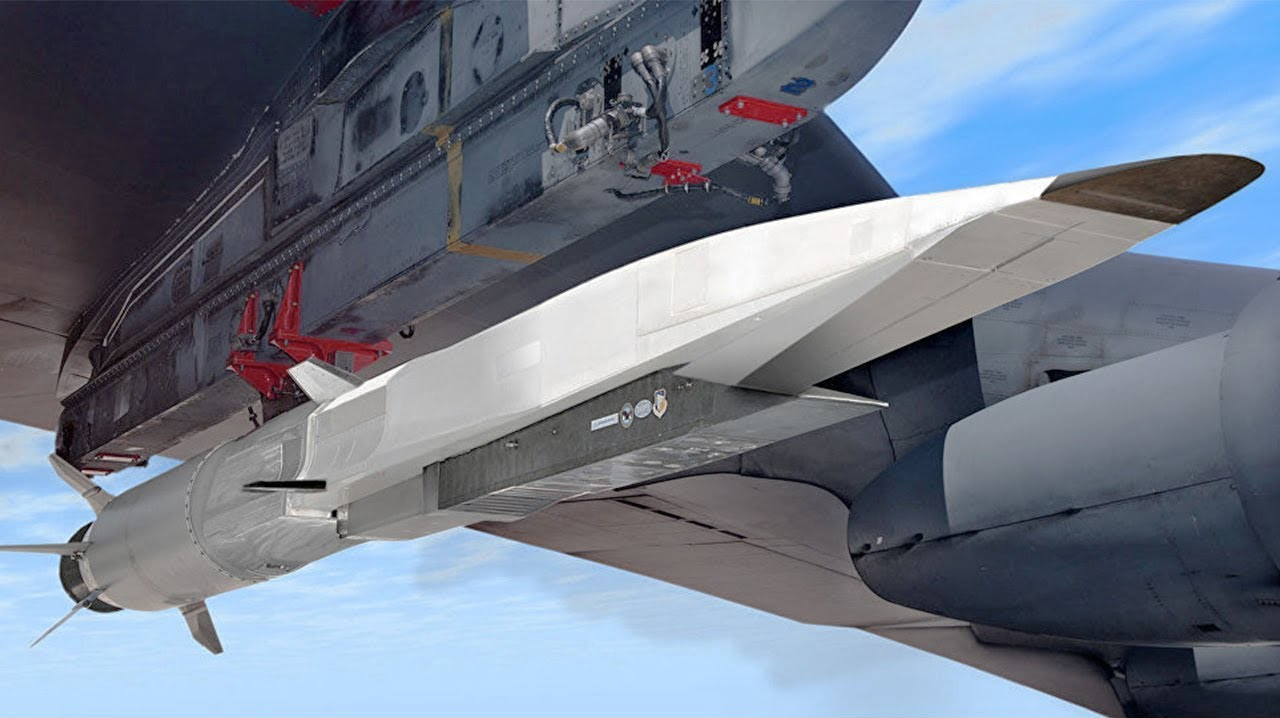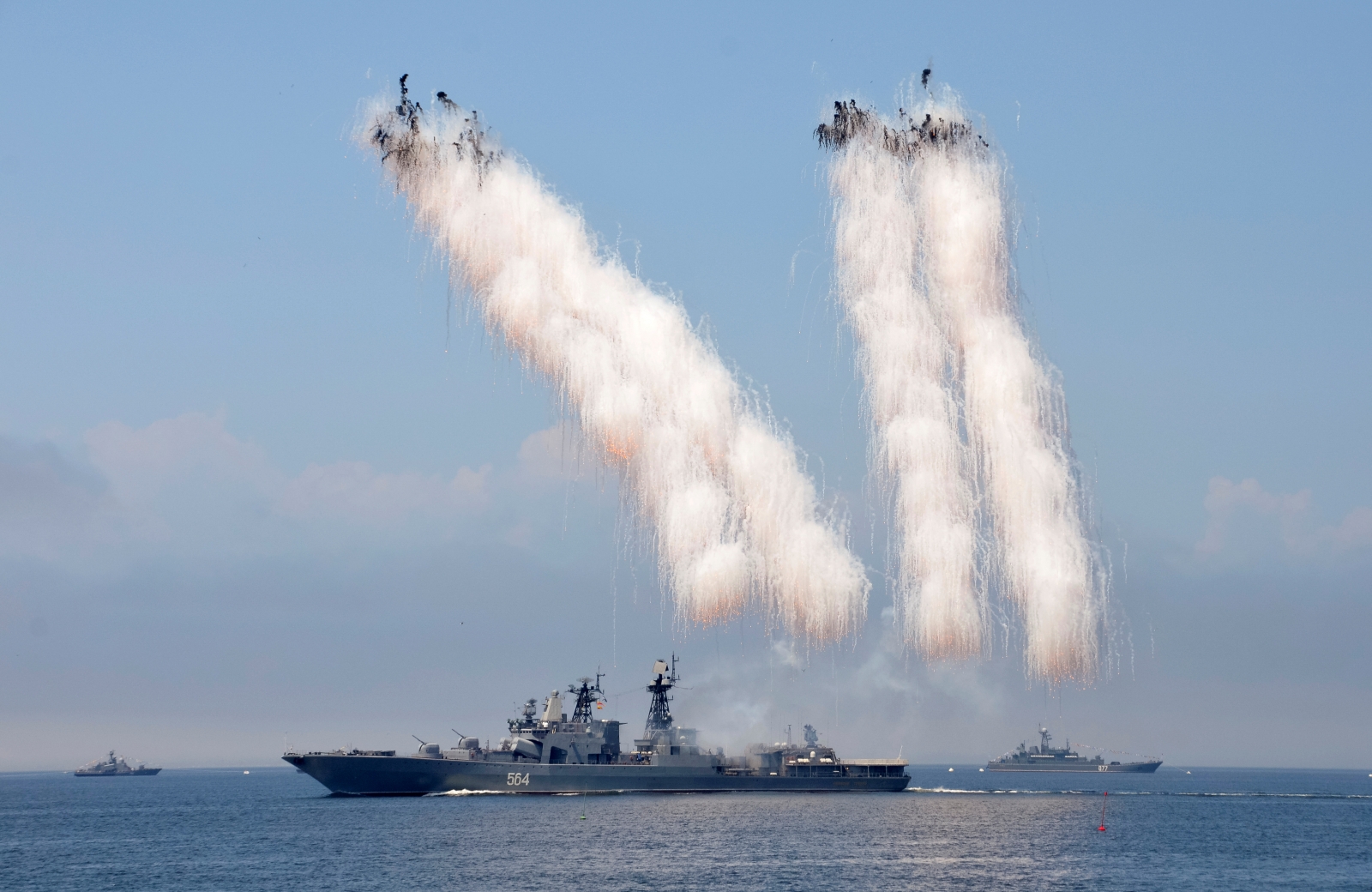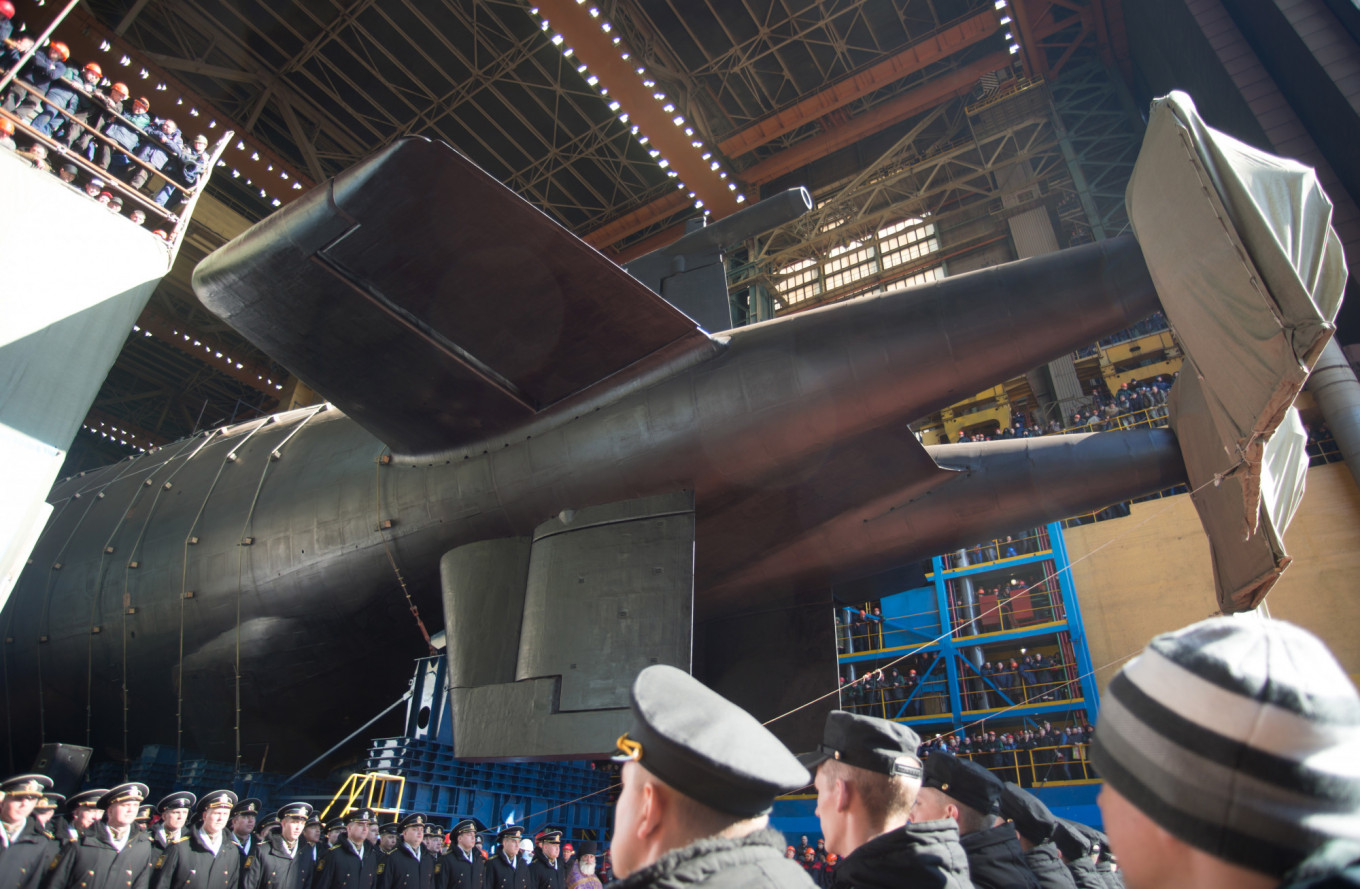Table Of Content
- Russia has tested a nuclear-powered missile and could revoke a global atomic test ban, Putin says
- Russia Tests Nuclear-Powered Burevestnik Cruise Missile
- Test flights
- Steve Bannon Fires Four-Word Rant at Ukraine Aid Supporters
- Putin claims Russia successfully tested a nuclear-powered missile and could revoke a global test ban
- Zelensky urges European leaders to continue support while US sees a "growing political storm"
- Newsletter

These included the much-touted 'Doomsday device' Poseidon, a nuclear-powered, nuclear-tipped torpedo. Russia previously conducted 13 known tests of the subsonic nuclear-powered cruise missile between 2017 and 2019, per The New York Times, and all of the tests are believed to have been unsuccessful, though there were some partial achievements. He said the creation of the new weapons has made NATO's U.S.-led missile defense "useless," and means an effective end to what he described as Western efforts to stymie Russia's development. The announcement comes as Putin is set to easily win another six-year presidential term in the March 18 election. “It is a low-flying stealth missile carrying a nuclear warhead, with almost unlimited range, unpredictable trajectory and ability to bypass interception boundaries,” Putin said then.
Russia has tested a nuclear-powered missile and could revoke a global atomic test ban, Putin says
He added to applause that names for the nuclear-powered cruise missile and the drone haven't yet been chosen, and suggested that the Defense Ministry run a nationwide contest for the best names. “It is exotic — it is dangerous in its testing and development phase,” Daryl G. Kimball, executive director of the Arms Control Association, said. Whether the Burevestnik has been tested again since 2019 isn’t clear, but even with a successful launch, the missile would still be years away from “operational deployment,” Mr. Kimball added. There were locals inside the store when the missile ripped through, Ukraine’s interior minister said, triggering a scale of devastation not seen since an attack on a railway station in Kramatorsk in early 2022 killed more than 60 people. Talking about its testing may primarily be an attempt to intimidate the West and force concessions on Ukraine, but Moscow withdrawing from the nuclear test ban treaty would be a huge deal, Alberque said. Russia is part of the global monitoring system that helps detect nuclear explosions and losing Russian sensors would deal “a hammer blow” to that ability, he added.
Russia Tests Nuclear-Powered Burevestnik Cruise Missile
This comes as Slovakia's former pro-Russia Prime Minister Robert Fico’s populist party won parliamentary elections. Fico anchored his campaign on his anti-US rhetoric and the promise to stop sending weapons to Ukraine and a pledge to thwart Kyiv’s NATO ambitions. ISW noted that satellite imagery taken on October 2 shows four Russian landing ships and one Kilo-class submarine remaining in Sevastopol.
Test flights
Russian President Vladimir Putin has announced that Russia has successfully carried out a test of a new generation of nuclear-powered cruise missile. The Burevestnik reportedly suffered an explosion in August 2019 during tests at a Russian navy range on the White Sea, killing five nuclear engineers and two servicemen and resulting in a brief spike in radioactivity that fueled fears in a nearby city. The Burevestnik (“Storm Petrel”) is designed to evade U.S. defenses, flying for hours or even days to exploit holes in missile defense networks that most weapons can’t reach.


The New York Times reported on Monday that Russia was either preparing to test or had already tested the Burevestnik, also called the SSC-X-9 Skyfall, which has a designed range of more than 10,000 miles. Animation shared in 2018 shows the missile flying around the planet, bypassing missile defense systems and eventually reaching the Pacific Coast of North America. But there have been doubts about how quickly Russia could develop a major new weapon of this scale and how easy it would be to handle. Its nuclear propulsion could allow it to cover a longer distance and stay airborne for a much longer time than other missiles, but may also make it more unreliable, according to experts. It’s part of the country’s so-called nuclear doctrine, which Putin said Thursday there was no reason to update, when asked if the threshold for employing nuclear weapons should be lowered to restrain the West.
Putin claims Russia successfully tested a nuclear-powered missile and could revoke a global test ban
President Vladimir Putin has said Russia successfully completed the testing of a new nuclear-powered strategic missile and could revoke its ratification of a nuclear test ban treaty, raising fears that Moscow could resume nuclear testing for the first time in decades. In a speech at a forum of foreign policy experts, Putin announced that Russia has effectively completed the development of the Burevestnik cruise missile and the Sarmat heavy intercontinental ballistic missile and will work on putting them into production. Russia has carried out a test of its little-known experimental long-range nuclear-powered cruise missile, President Vladimir Putin said, although this "wouldn't alter the nuclear balance of power" to Russia's advantage, one analyst has told Newsweek. While there’s a tactical rationale behind Russia’s development of a fast, surface-skimming cruise missile with an unlimited range as a means of bypassing American missile defenses, it strikes many analysts as an inordinately expensive, extremely technically challenging, and—evidently! "The United States has determined that the explosion near Nenoksa, Russia, was the result of a nuclear reaction that occurred during the recovery of a Russian nuclear-powered cruise missile," that October 2019 report said.
What is the Burevestnik missile that Putin says Russia has tested? - Reuters
What is the Burevestnik missile that Putin says Russia has tested?.
Posted: Thu, 05 Oct 2023 07:00:00 GMT [source]
In a statement from a State Department official a couple months later, that was confirmed to be the case. "We have heard this before - Putin was using the old rhetoric of great power politics," Boulègue said. U.S. surveillance planes have also been tracked in the area over the last two weeks, and aviation alerts have warned pilots to avoid nearby airspace. Visual evidence from a remote base in the Arctic shows launch preparations mirroring those that preceded earlier tests. Ukrainian President Volodymyr Zelensky said the United States is going through a "difficult election period," amid growing concerns about dwindling financial support for Kyiv from Washington. Meanwhile, tensions between Poland and Ukraine eased, after a grain spat between both countries escalated in September when Warsaw — one of Kyiv's earliest and most steadfast allies — threatened to stop sending arms to its neighbor.
Expressing confidence in US institutions and the country's leadership's resolve to support Ukraine against Russia, he urged European leaders to continue the work through uncertain times. Putin told the country's Federal Assembly that missiles like the Burevestnik would help ensure a strategic balance in the world for decades to come. Prigozhin, who led a failed uprising against the Kremlin, was among the 10 people on board the private plane which crashed in a field northwest of Moscow in August en route to St. Petersburg. During meetings with Spanish Prime Minister Pedro Sánchez and German Chancellor Olaf Scholz, Zelensky said he is focused on Ukraine's need for air defense and thinks a lot of progress has been made for the support needed.
Newsletter
Russia has tested a nuclear-powered missile and could revoke a global atomic test ban, Putin says - The Associated Press
Russia has tested a nuclear-powered missile and could revoke a global atomic test ban, Putin says.
Posted: Thu, 05 Oct 2023 07:00:00 GMT [source]
In another test, the missile’s nuclear reactor failed to activate, causing it to go down only a few miles from the launch site. For a test to succeed, the missile’s nuclear reactor would need to initiate in flight, so that the missile can cover much more ground. MOSCOW (AP) — Russia has successfully tested an experimental nuclear-powered cruise missile, President Vladimir Putin said Thursday, while also warning that the country’s parliament could revoke its ratification of a treaty banning nuclear tests. It has a theoretically unlimited range, if its nuclear reactor activates, and was one of the six Russian strategic "super weapons," unveiled by Putin in 2018.
By contrast, advances in radar and missile technology seemed bound to make the SLAM less invulnerable than had been previously supposed. Finally, in July 1964, the military pulled the plug on the $260 million program—equivalent to over $2 billion in 2019 dollars. For example, a separate conventional rocket system would be necessary for the missile to reach the supersonic speeds at which its ramjet motor could function. That, in turn, meant the reactor had to be designed to withstand the heat and stress of those powerful booster rockets. In fact, it’s believed precisely that problem may have resulted in the deadly accident in Russia this August. The huge missile, laden with up to twelve thermonuclear bombs, would proceed to race towards one Soviet city after another, visiting Hiroshima-level human tragedies upon each.
The Burevestnik's development is thought to have started in 2011 and tests likely began in 2016. Before 2019, Russia had tested the Burevestnik a probable 13 times "with two partial successes," according to the U.S.-based nonprofit Nuclear Threat Initiative (NTI). By then, the United States was well into deploying ICBMs and SLBM missiles, which presented none of these problems and were at the time virtually unstoppable once launched.
The Burevestnik is thought to be powered by solid fuel, with the motor starting to propel the missile during flight and air heating around the nuclear reactor up to 1600°C to propel the missile, according to Russian media reports. "This program was one of Putin's supposed "wonder weapons" that were supposed to provide Russia with a technological edge over the West (others were Zircon and Kinzhal, for example, or Russia's nuclear-armed torpedo Poseidon)," Hoffmann said. "We have seen in Ukraine that Kinzhal is not very special at all, and actually quite vulnerable to Ukrainian missile defense," he added. It is said to have an "almost unlimited range" and cannot be intercepted by any existing air defense system, according to the Kremlin-backed Tass news agency. Prominent Russian officials, such as former President Dmitry Medvedev, and state television commentators regularly raise the prospect of nuclear war.
Russia conducted a "successful test" of the "Burevestnik nuclear-powered global-range cruise missile," Putin said, per an AP translation of his remarks. Satellite imagery and aviation data suggest that Russia may be preparing to test an experimental nuclear-powered cruise missile — or may have recently tested one — with a theoretical range of thousands of miles. “The last successful test of the Burevestnik, a global-range cruise missile with a nuclear propulsion system, was carried out,” Putin said. Some of the cruise missiles that Russia launched at Ukraine’s civilian infrastructure in late November were manufactured months after the West imposed sanctions intended to deprive Moscow of the components needed to make those munitions, according to a weapons research group.
The resulting Supersonic Low-Altitude Missile (SLAM) was powered by a small reactor codenamed “Pluto,” to be developed by the Lawrence Livermore National Laboratory in Berkeley, California. That’s because the United States has tried it before sixty years earlier—and even with the fast-and-loose safety culture of the Cold War 1960s, the poison-spewing radioactive mega missile it began developing was considered too dangerous to even properly flight test. A CNBC report on US intelligence later revealed that the explosion didn't occur during a test but rather during a recovery operation.
According to the United Nations, the Soviet Union’s last nuclear test took place in late 1990, so the resumption of nuclear testing by Putin’s Russia would be a major development that could further escalate global tensions. Kyle Mizokami is a writer on defense and security issues and has been at Popular Mechanics since 2015. Kyle’s articles have appeared at The Daily Beast, U.S. Naval Institute News, The Diplomat, Foreign Policy, Combat Aircraft Monthly, VICE News, and others.

No comments:
Post a Comment